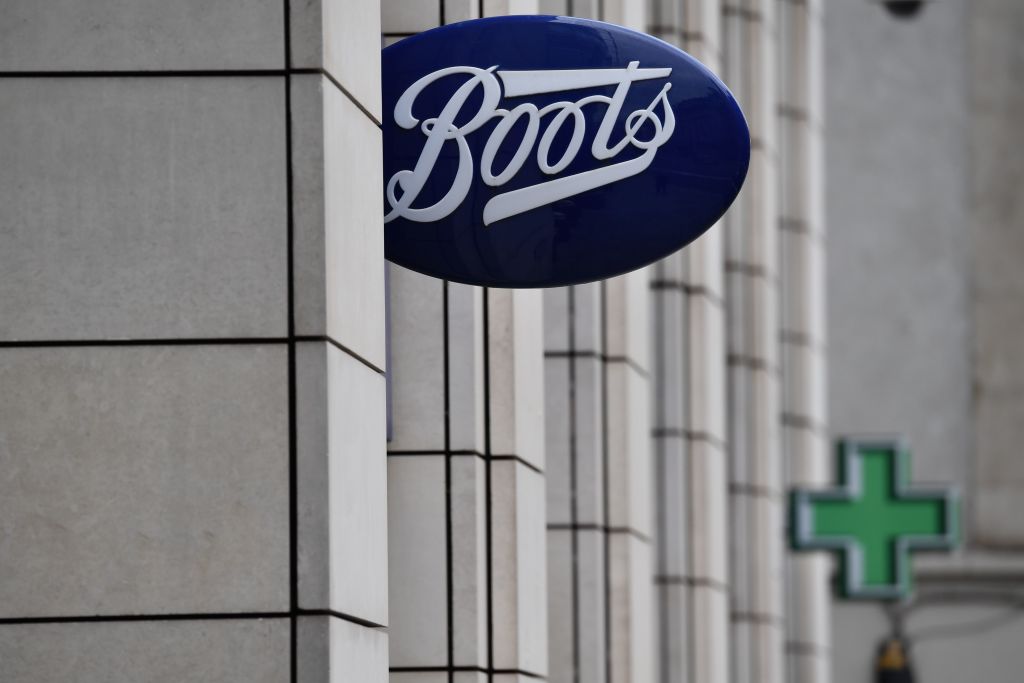The NHS is facing its own winter of discontent: A&E waiting times are surging, GP availability is plunging and a strike is brewing. The Communication Workers’ Union (CWU), says Britain is facing a ‘de facto general strike’: from nurses to ambulance drivers to doctors – even in emergency departments and cancer centres – as they ask for pay rises.
Today the Sunday Telegraph reports that (privately-run) pharmacies may be called in to help and given power to prescribe for simple conditions to help ease pressures in A&E departments. I argue in the current edition of The Spectator how they could easily help plug plug the gap that exists between GPs and A&Es by prescribing for minor ailments.
Pharmacists in Scotland are slightly ahead of the curve, with the Pharmacy First programme allowing them to prescribe, albeit to a limited degree, antibiotics, antivirals and even some steroids. Former health secretary Sajid Javid wanted to introduce a similar system in England but backlash from No. 10 meant his plan went no further, amidst concerns that this would appear too ‘anti-GP’. Therese Coffey’s health department also considered this move, but the same concerns meant plans were axed.
Pharmacists in Scotland are slightly ahead of the curve
This is a no-brainer: allowing pharmacists to prescribe is something that should happen regardless of strike threat. The Pharmaceutical Services Negotiating Committee estimate that empowering pharmacists could cut 65 million GP appointments, ensuring that those who need to be seen by a doctor can be, and that those requiring a straightforward fix can achieve that quickly.
You don’t necessarily need blood or urine tests to be started on medication. You don’t always need hospital scans. What is required every time is good clinical decision-making, the ability for the prescriber to understand if the condition presented to them by the patient is best treated by a drug or if it requires further assistance, either by a GP or a hospital doctor. Pharmacists (who do five years of training) tend to be exceptionally bright, and they’re also very careful and analytical by nature. Doctors, on the other hand, are trained to deal with uncertainty, to weigh up decisions and ultimately have the final say.
So if we want to take chemists – people who understand drugs and their interactions far better than doctors – and transform them into clinical prescribers, it not only requires a change in their curriculum, but in their culture.
Medicine is not, and has never been, an exact science. It requires an understanding of a situation in all its context, and the ability to reason out the best solution. The general public also need to be prepared to head to pharmacies first, before doctors, for minor conditions. It’s a big shift, but one that is long overdue







Comments